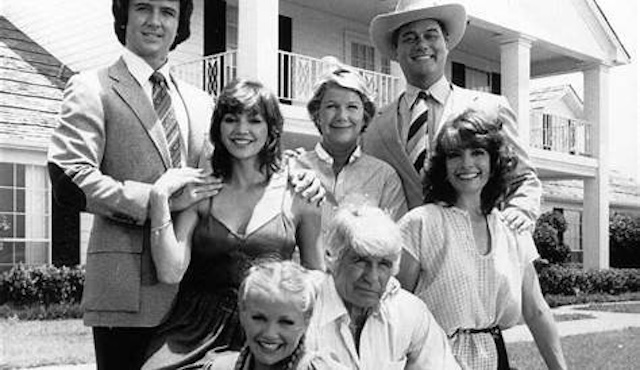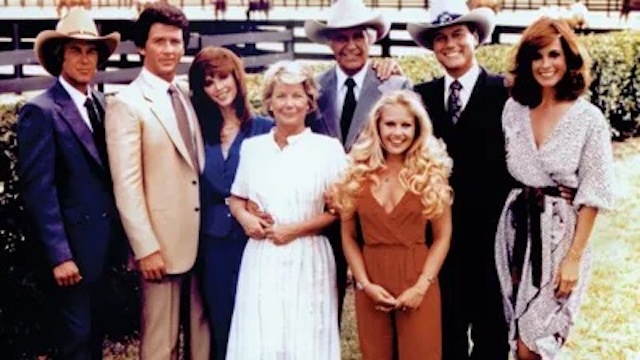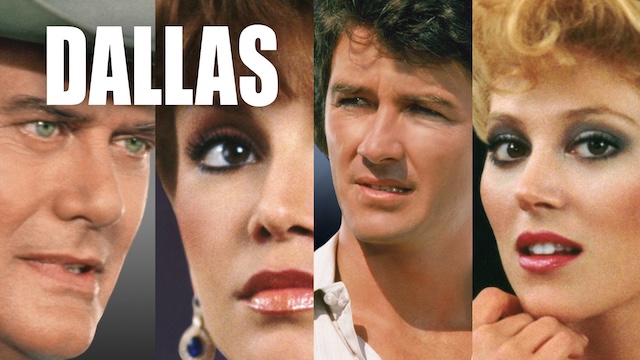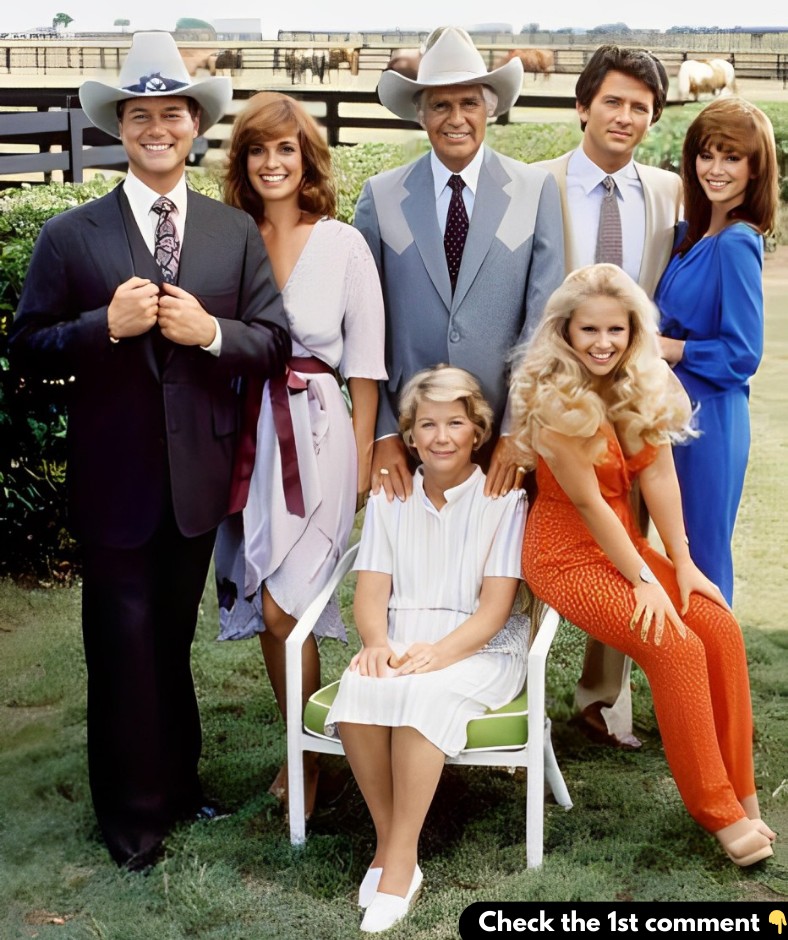The prime-time soap opera Dallas stands as a television legend, captivating audiences with its tales of power, betrayal, and family drama for over a decade. Airing on CBS from April 2, 1978, to May 3, 1991, the series chronicled the lives of the influential and dysfunctional Ewing family of Texas. More than just a TV show, Dallas became a cultural landmark, leaving a lasting legacy in the entertainment industry.
How Dallas Began: A Modest Start to a Phenomenon
Dallas began its journey as a five-part miniseries, originally airing on Sunday nights with little fanfare. Its central narrative focused on the rivalry between two powerful families—the Ewings, an oil-rich dynasty, and the Barneses, who held a bitter grudge against them. At the heart of the story was the forbidden love between Bobby Ewing and Pamela Barnes, whose union sought to bridge a chasm of hatred spanning generations.

The unexpected popularity of the miniseries led CBS to expand Dallas into a full-fledged series. Over the next 14 seasons, it grew into a must-watch drama, setting a new standard for prime-time storytelling.
The Complex World of the Ewing Family
The Ewing family’s internal conflicts and high-stakes ambitions formed the crux of the show. Each character brought something unique to the drama:
- J.R. Ewing: Played masterfully by Larry Hagman, J.R. was a ruthless oil tycoon whose schemes and manipulations made him one of television’s most unforgettable villains.
- Bobby Ewing: As the moral center of the family, Bobby’s integrity and his relationship with Pamela Barnes offered a stark contrast to his brother’s relentless ambition.
- Miss Ellie and Jock Ewing: The family matriarch and patriarch, portrayed by Barbara Bel Geddes and Jim Davis, symbolized tradition and resilience amidst the family’s constant struggles.
The Ewings’ world of wealth and power created a backdrop for intense personal drama, making viewers feel invested in their lives and conflicts.
Dallas and the Art of the Cliffhanger
Few shows in history have mastered suspense like Dallas, turning cliffhangers into cultural phenomena that kept audiences glued to their screens.
“Who Shot J.R.?”
Perhaps the most famous moment in television history, the season three finale ended with J.R. Ewing being shot by an unknown assailant. This sparked months of speculation and curiosity, with over 90 million viewers tuning in to learn the shooter’s identity—a record-breaking moment that cemented Dallas’s place in pop culture.
Bobby’s Death and Return
Season eight shocked fans with Bobby Ewing’s death, only to bring him back in season nine through the now-famous “dream sequence” twist. While controversial, this move remains one of the most memorable moments in soap opera history.
Other Iconic Endings
From surprise betrayals to explosive showdowns, every season finale of Dallas was designed to leave fans in suspense, making it a trailblazer in episodic storytelling.

Themes That Resonate: Power, Betrayal, and Family Ties
At its core, Dallas explored themes that were both grand and relatable. The Ewings’ sprawling oil empire symbolized ambition, greed, and power, while their personal lives were entangled in betrayal, heartbreak, and family feuds. The generational rivalry between the Ewings and the Barneses added depth and tension, keeping viewers hooked.
This blend of corporate battles and personal drama created a multi-layered narrative that appealed to audiences from all walks of life.
A Global Phenomenon That Shaped Culture
Dallas wasn’t just a hit in the U.S.; it became a worldwide sensation, captivating audiences in over 90 countries. Its glamorous portrayal of Texas high society, combined with its suspenseful storylines, struck a chord globally, making it one of television’s most successful exports.
Influence on Television
Dallas proved that serialized drama could thrive in prime time, paving the way for modern shows like Dynasty, The Sopranos, and Game of Thrones.
Cultural Significance
The question “Who shot J.R.?” became a cultural catchphrase, referenced in countless films, songs, and even political campaigns. The show’s impact extended beyond entertainment, shaping how audiences viewed long-form storytelling.
Awards and Recognition
Dallas earned multiple accolades, including four Emmy Awards and numerous Golden Globe nominations, solidifying its place in television history.
Spin-Offs and Revivals: Expanding the Legacy
The immense success of Dallas led to Knots Landing, a spin-off centered on Gary Ewing, the middle son of the family. Premiering in 1979, the show became a hit in its own right, running for 14 seasons.
In 2012, Dallas returned to television with a revival on TNT, introducing a new generation of Ewings while retaining the original’s essence. Although it only lasted three seasons, the revival reignited interest in the franchise and introduced the saga to a younger audience.
Why Dallas Still Captivates Decades Later
Even years after its finale, Dallas continues to inspire new generations of creators and fans. Its mix of unforgettable characters, intricate plots, and groundbreaking cliffhangers remains a blueprint for storytelling excellence.
The final episode in 1991 left viewers with yet another suspenseful moment, marking the end of an era but solidifying the show’s status as a classic.

Conclusion: Dallas as a Timeless Television Icon
Dallas wasn’t just a show; it was an event that defined a generation of television. From J.R.’s cunning schemes to the family’s relentless feuds, it offered a captivating look at ambition, betrayal, and the complexities of family dynamics.
Its influence on serialized drama is undeniable, and its legacy continues to resonate with audiences worldwide. For those who watched it during its prime, Dallas was more than a soap opera—it was a cultural phenomenon that set the standard for storytelling. Even today, it stands as a testament to the power of great television, proving that some stories are truly timeless.



